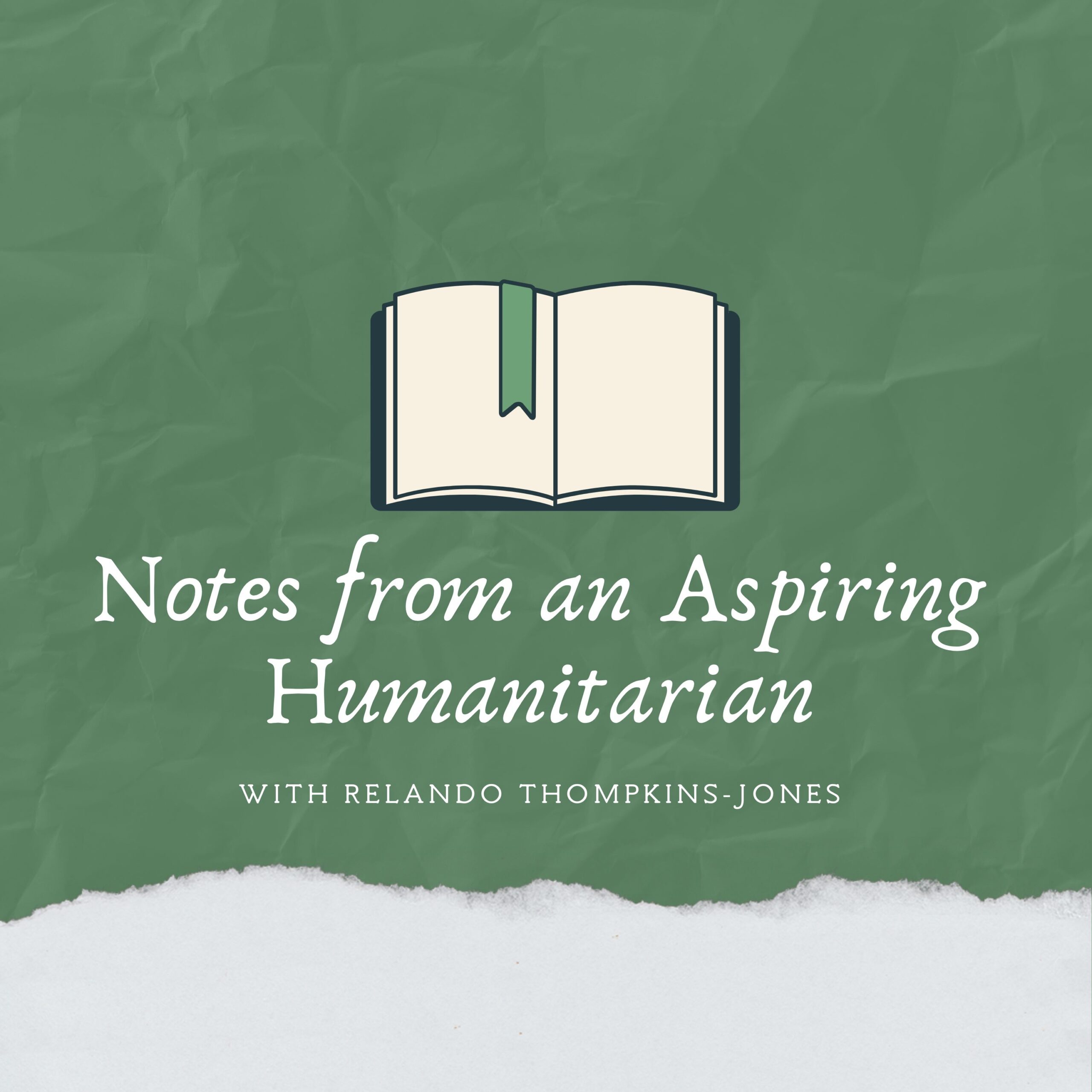I’ve been told that growing old is not for the faint of heart. I’ve also been told that we live in a death denying society. The more I think about it, and the more lived experiences I gain, the more I am able to find truth in each of those statements.
While we’ve had some incredible technological advancements that serve to assist us with prolonging life and the quality of life, growing older, and ultimately dying are also stigmatized in society. From “anti-aging” products to surgical treatments and more, there seems to be a high demand for a cure for what ails us: our mortality.
The subject of death is taboo in some circles, and there are as many euphemisms for the word death as there are cultural and religious explanations.
Some people may perceive making plans for the end of life such as funeral arrangements, discussing a will, or even appointing a person to make decisions on their behalf when they are no longer able to do so as defeat, or worse; an attempt to talk them into the grave.
Others may instead find invalidation and isolation instead of support when trying to share their feelings of grief and loss of loved ones, relationships, ways of doing and being over the years, and other forms of loss with family, friends, and even helping professionals who may not be comfortable with talking about death themselves.
We all need to get better about talking about death.
“It is one of the most pervasive manifestations of ableism – the way we refuse to face our discomfort and anxieties and subsequently abandon those who are facing down death and dying. It didn’t use to be this way. This didn’t used to be a professional specialization.”
“We have to learn, and re-learn, as a culture, how to be braver in the face of death. To stare down the primal existentialist dilemma for the sake of each other.
Death isn’t a failure. It isn’t shameful. And it isn’t impolite. It can be frightening but it is a moral imperative to be courageous for those we love and care for.
It isn’t “negative” to discuss death. It is healthy and self-regarding – especially when it is on the table as a potentially imminent event. We need to develop, as a culture and as individuals, a basic literacy about death, to learn death-talk, so that we don’t have to leave people alone in the hard process of preparing to say good bye.”
From the post, “Death Ed.” at What A Shrink Thinks
Six Feet Under was a show about the members of a family who ran and operated a funeral home, and had one of the most moving series finales I have ever seen.
A show about life and death, the story came full circle in the series finale where the clock was accelerated and viewers were shown how the main characters die.
In this way, viewers were able to see the clock fast forward for the characters in a way that we are not able to witness or predict for ourselves in real life.
After each character died, the year that they were born was displayed under their name, along with the year that they died, with a dash in between.
Sometimes we can have a tendency to move from one thing to the next, as if our time is unlimited.
For me, watching the ending play out was particularly disruptive of that thought process, and gave me further perspective about my own mortality because as I watched, I found myself doing some math of my own with those years in relation to my own, as well as my loved ones.
It definitely reminded me of how fast time flies, how we cannot always predict when or how our lives will end, and how important it is to appreciate life, and the people we share it with, while we have them.
Since time does move quickly in the larger scheme of things, it also reminded me of the importance of intention, and aligning my actions with my intentions and values with whatever time I have left.
So, if you choose to view the video, among the wide range of emotions and thoughts that it may stir within you, I hope that you might also be encouraged to be more mindful of how you are spending your time as well.
From Aspiring Humanitarian, Relando Thompkins-Jones, MSW, LLMSW
—————————————————————————————————————————
(N.A.H.) is advertisement-free and reader supported. If you enjoy my notes, consider supporting (N.A.H.) with a one-time donation or by becoming a monthly patron.
—————————————————————————————————————————
Discover more from Notes from an Aspiring Humanitarian
Subscribe to get the latest posts sent to your email.















